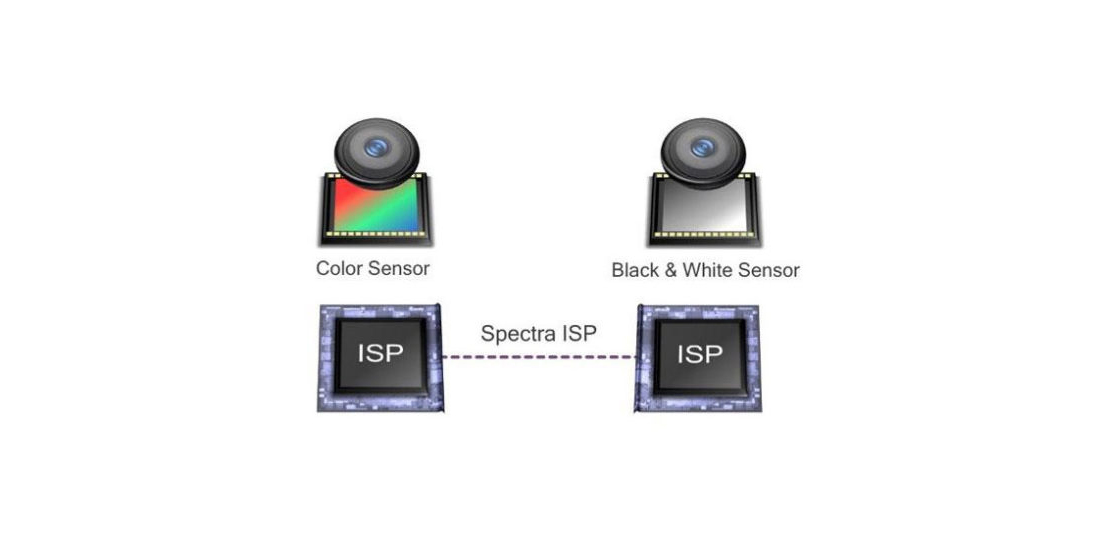HTC had led the way, Huawei has made it more viable and Apple has adopted as a strategy that option. The future of smartphones is undoubtedly "dual", at least as regards to photography. Qualcomm, as a leading manufacturer of mobile chip, has introduced a hardware system that simplifies the adoption of dual-camera technology today. It is called Clear Sight and consists of a hardware platform and software compatible with Snapdragon 820 and Snapdragon 821 processors, the only ones for now able to manage the Image Sensing Processor (ISP) by Spectra, the core of the project. As in the Huawei P9, the ISP has two different sensors, one that captures the color and one for taking pictures in black and white, which combine photos to create a higher quality product.

Although it has taken time, finally the world of high technology could get something positive out of the concept of two cameras on phones, and, from next year, this system could be part not only of a handful of manufacturers of high-end smartphones, but even in mid-range products that usually come from China. Qualcomm has been able to reduce the cost of this technology, thanks to research resources that helped to develop, and now is the time to encourage its use in all devices where possible.
Although Qualcomm has called it Clear Sight technology, but it is quite possible that other manufacturers prefer to adopt a different name according to their brand. It is an all-inclusive package in a single module, which includes two cameras and algorithms necessary to make them interact with each other. In fact, Qualcomm's approach is not adopted by Apple for its iPhone 7, which has different objectives and sensors that can create effects compensating optical zoom; in this case, Qualcomm's technology is based on the same principles of Huawei composition: black and white sensor taking information about the image brightness, and used to enrich the details of the photos taken from bicolor sensor even when the light is low.